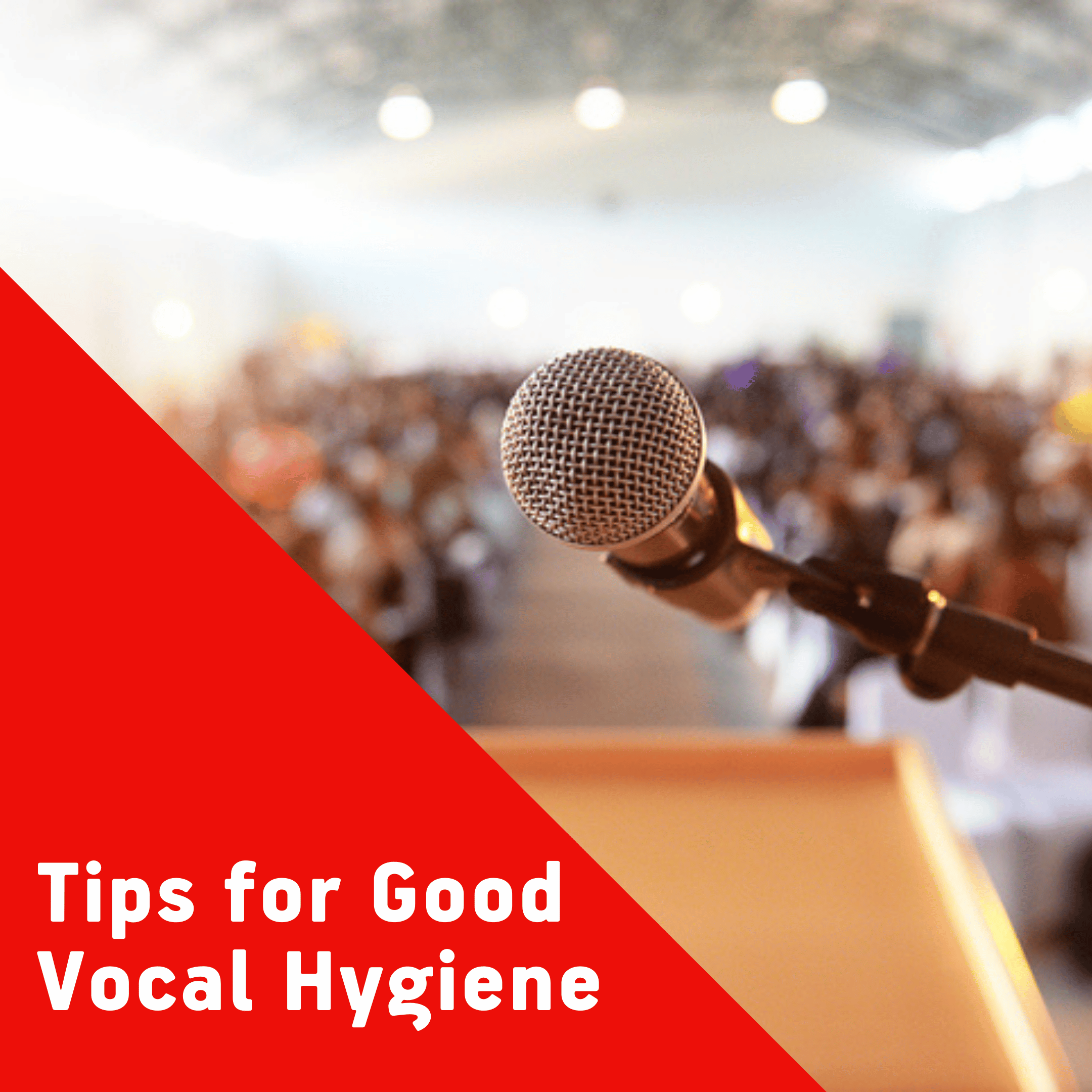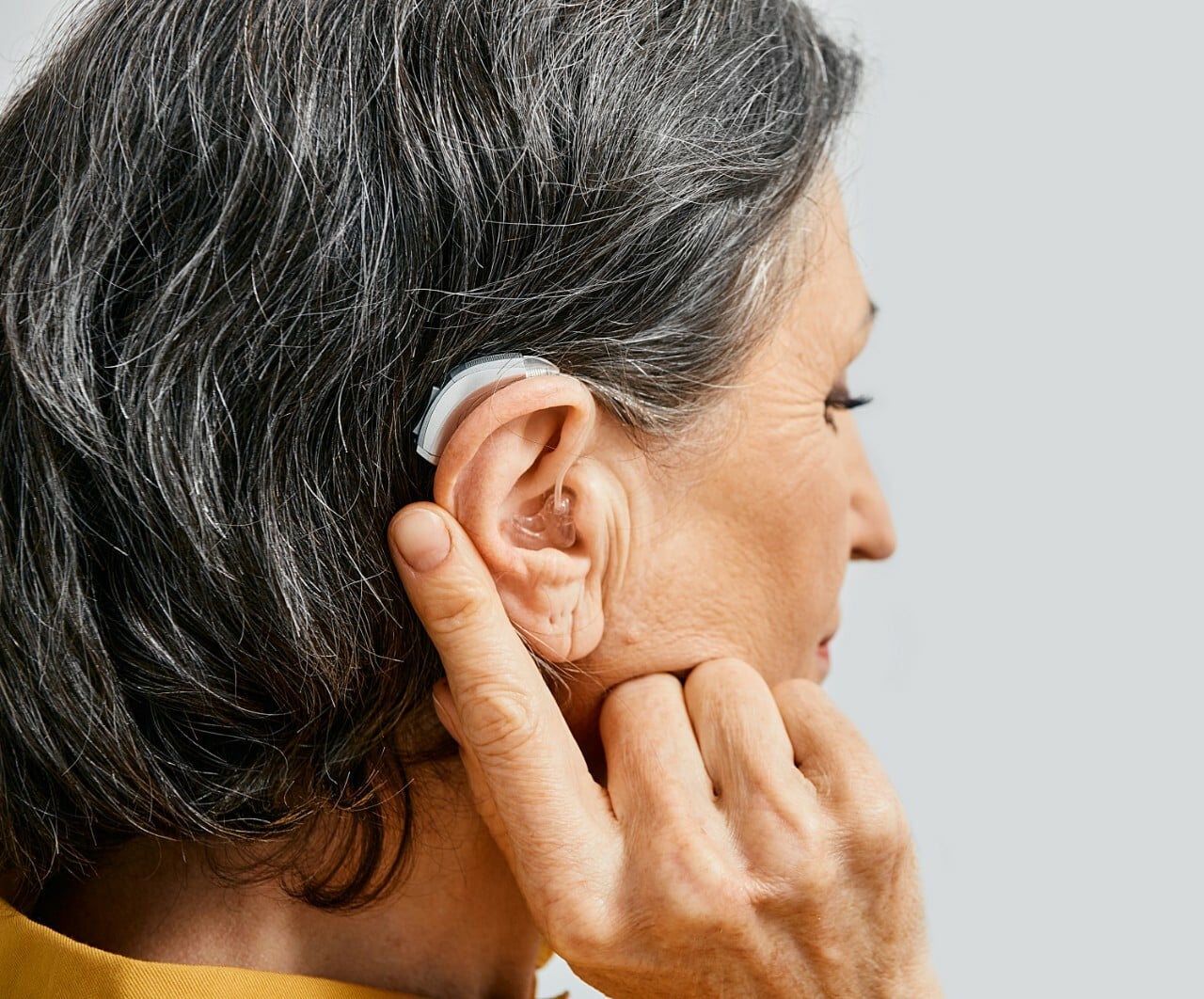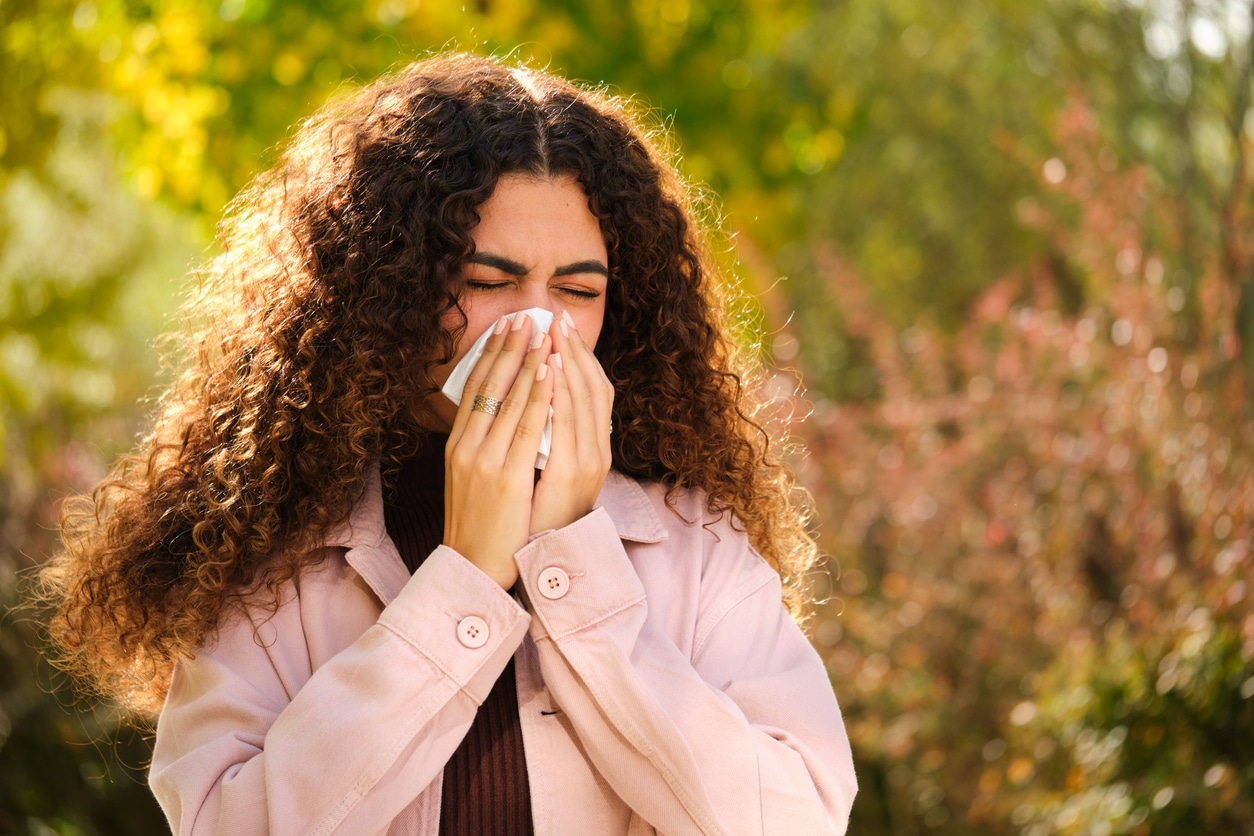Clear, natural hearing isn’t a luxury—it’s a necessity. When hearing loss starts to affect your…

Do You Have Good Vocal Hygiene?
When you think of “good hygiene” you may immediately come up with washing your hands, brushing your teeth, showering often, and keeping your nails clipped. But did you realize that there is such a thing as “vocal hygiene,” and that it’s very important for your ability to speak and communicate?
We use our voices constantly, although some jobs, professions, and roles may require more speaking. We all have the risk of developing voice problems, but people who use their voices more often may have an increased risk. An estimated 17.9 million adults in the U.S. report problems with their voice, but some of these disorders can be avoided by taking care of your voice, according to the National Institute on Deafness and Other Communication Disorders.
So what should you be on the lookout for, and how can you keep your voice healthy?
What Is Vocal Hygiene?
Your vocal cords are two tiny muscles covered with layers of tissue, and they are very delicate. When you speak, your vocal cords vibrate to produce sound. Any problems with the vocal cords significantly impact the voice. This might include growths on the vocal cords, infections, or improper use of the vocal musculature.
Good vocal hygiene encourages your vocal cords and voice are working properly with no problems. Signs that you have a voice problem might include:
- Hoarse or raspy voice
- Lost ability to hit some high notes when singing
- Voice that suddenly sounds deeper
- Throat that often feels raw, achy, or strained
- Talking has become an effort
- Repeatedly feeling the need to clear your throat
What Causes Voice Problems?
There are many things that can cause voice problems such as:
- Upper respiratory infections
- Inflammation caused by gastroesophageal reflux (sometimes called acid reflux, heartburn, or LPR)
- Vocal misuse and overuse
- Growths on the vocal folds, such as vocal nodules or laryngeal papillomatosis
- Cancer of the larynx
- Neurological diseases (such as spasmodic dysphonia or vocal fold paralysis)
- Psychological trauma
Most voice problems can be reversed by treating the underlying cause or through a range of behavioral and surgical treatments. In some cases you have little or no control over what’s happening to your voice, but in other instances, there are several healthy habits that will help you have good vocal hygiene.
Improve Your Vocal Hygiene
- Stay hydrated — Drink plenty of water, especially when exercising. If you drink caffeinated beverages or alcohol, balance your intake with plenty of water.
- Take vocal breaks — Rest your voice throughout the day.
- Use a humidifier in your home — This is especially important in winter or in dry climates.
- Avoid or limit use of certain medications — Some medications may dry out the vocal folds, including some common cold and allergy medications. If you have voice problems, ask your doctor which medications would be safest for you to use.
- Don’t smoke and avoid second-hand smoke — Smoke irritates the vocal folds. Also, cancer of the vocal folds is seen most often in individuals who smoke.
- Avoid spicy foods — Spicy foods can cause stomach acid to move into the throat or esophagus, causing heartburn or laryngopharyngeal reflux (LPR).
- Eat healthy foods — Include plenty of whole grains, fruits, and vegetables. These foods contain vitamins A, E, and C that help keep the mucus membranes that line the throat healthy.
- Hand hygiene — Wash your hands often to prevent getting a cold or the flu.
- Get enough rest — Physical fatigue has a negative effect on voice.
- Exercise regularly — Exercise increases stamina and muscle tone which will help provide good posture and breathing, which are necessary for proper speaking.
- Try not to overuse your voice — Avoid speaking or singing when your voice is hoarse or tired.
- Avoid using the extremes of your vocal range — This includes screaming or whispering, both of which can stress your voice. Consider using a microphone when appropriate.
- Practice good breathing techniques — When singing or talking, support your voice with deep breaths from the chest, and don’t rely on your throat alone. Talking from the throat, without supporting breath, puts a great strain on the voice.
Let ExcelENT Help You Improve Your Vocal Hygiene
No matter what voice problems you may be experiencing, our Speech-Language Pathologist, Amy Pittman, is experienced in treating voice problems, and she can teach you how to use your voice in a healthy way.
She may conduct an examination using video laryngoscopy to see your throat, larynx, and vocal cords. The short procedure involves putting a tiny camera through the lower nasal passage to reach the throat. You will be awake so that you can speak, which helps Amy see the vocal cords while they vibrate and move. The procedure isn’t painful and lasts less than one minute.
Amy will be able to see if there are any growths or signs of an infection. She also watches how you use your voice and whether there’s tension in the muscles. Then, she’s able to determine whether you would benefit from voice therapy or if other medical or surgical treatment is needed.


